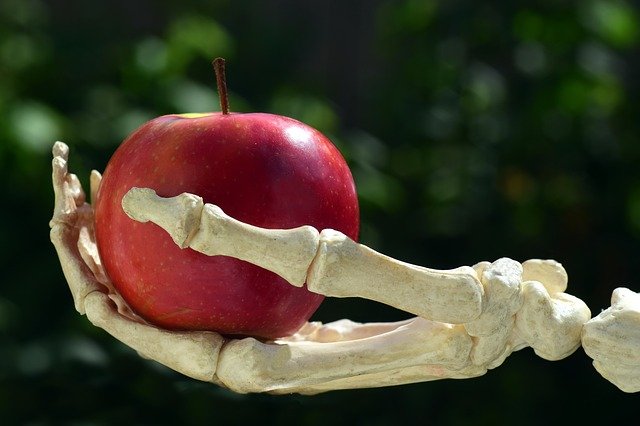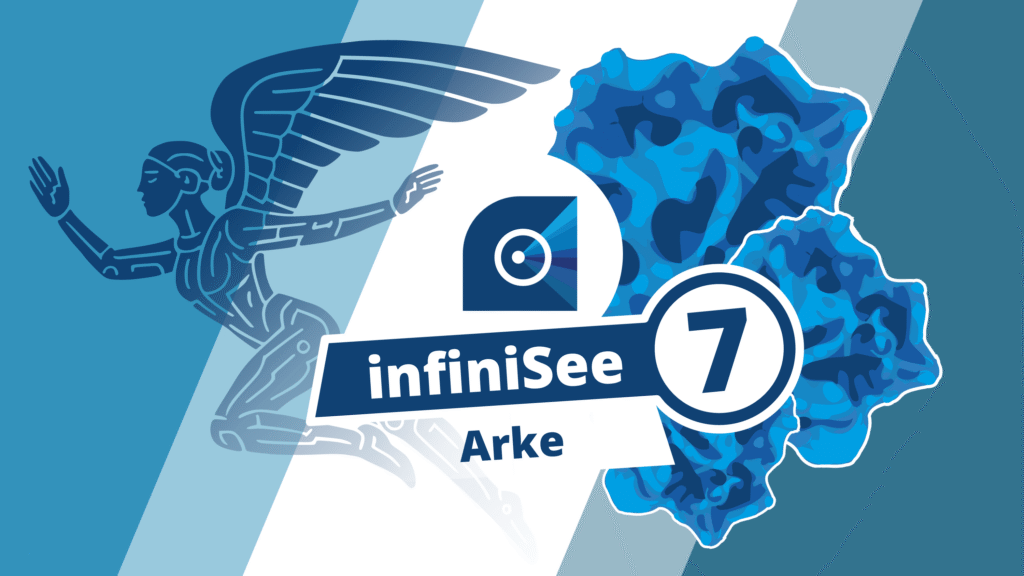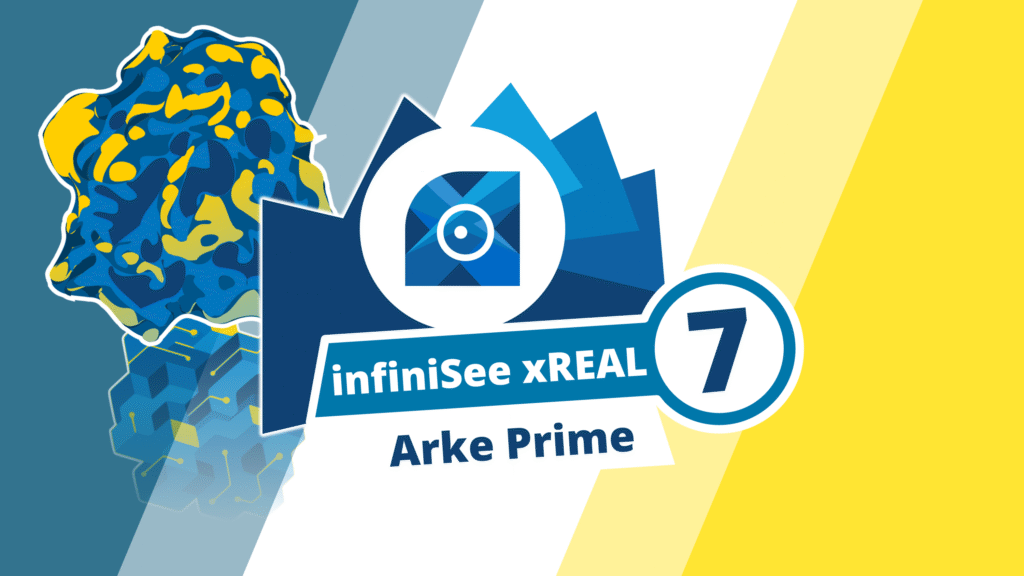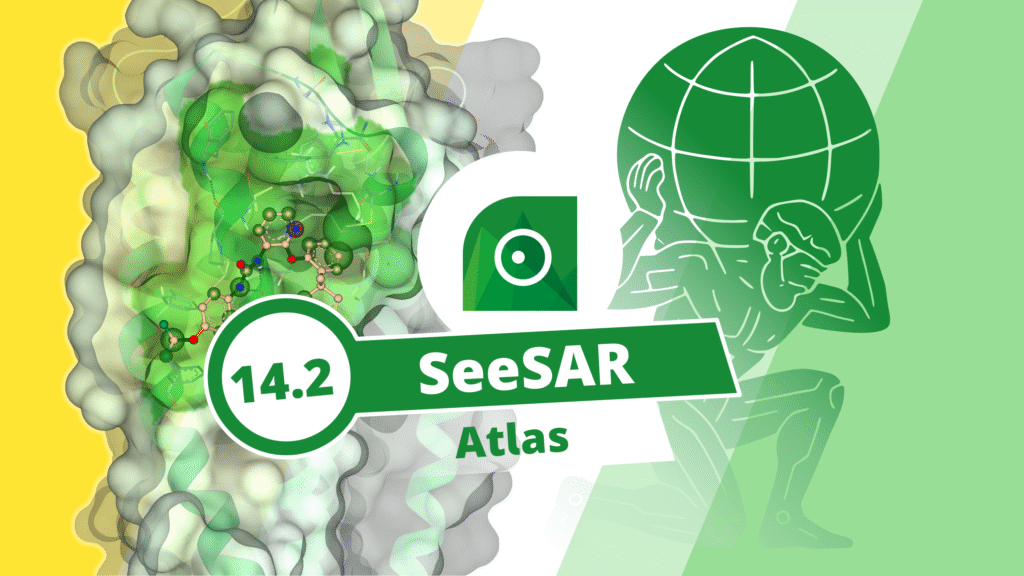The development of a new drug currently takes 10-12 years, with costs of around €2bn. The main reasons for failures comprise a lack of efficacy and unforeseen toxicity.
In this webinar, Professor Ecker from Vienna University and ‘Master Mind’ of his recently founded company “Phenaris” will outline computational approaches to minimize the risk of failures due to toxicity. These comprise classical machine learning models to predict certain toxicity endpoints such as cholestasis, as well as deep learning approaches to overcome insufficient size and imbalance of toxicity datasets.
Integration of structure-based methods for the prediction of molecular initiating events with machine learning and pharmacophore modeling is outlined for the use case of mitochondrial toxicity. Leveraging complex data analysis pursued with KNIME workflows allows to create compound-pathway interaction fingerprints and link them to hepatotoxicity and cardiotoxicity. Finally, ToxPHACTS, a data-driven tool for toxicological read-across will be presented.








